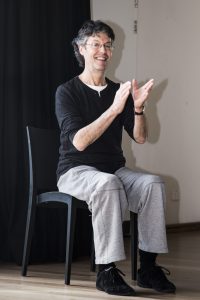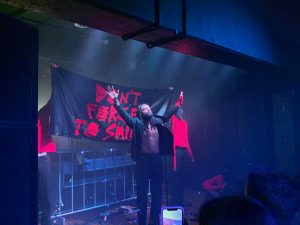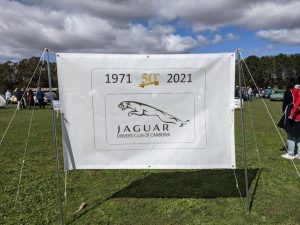Drugs at Foreshore? For sure
 By MELANIE CATANZARITI
By MELANIE CATANZARITI
PARLIAMENTARY Triangle is the ceremonial precinct of Canberra, a tourist attraction, a place where decisions of national significance take place.
Driving through the area is a pleasant experience any day. With its polished buildings and impeccable lawns, the Parliamentary Triangle captures the true essence and beauty of Canberra and is home to the National Gallery, High Court and most importantly, Parliament House.
But for one day in November, this place is transformed into a frenetic sea of loud music and effervescent youths in colourful midriffs.
In the very heart of Parliamentary Triangle on the east and west lawns, Foreshore Music Festival comes to life once a year at the very cusp of summer.
The festival was founded in 2007 by Kicks, a Canberra based music promotion company which brings premier music events to the nation’s capital. It caters to 16,000 patrons drawn from all over NSW and the ACT and showcases the latest bands and DJs from around the world, providing Canberra with an eclectic mix of people and talent.
But despite its unique vibe and frivolous party atmosphere, Foreshore allows an unspoken yet accepted trend to continue in a society that is facing a never-ending drug battle.
Ever since the music festival scene erupted, a mass consumption of alcohol and illegal drugs has endangered youths and prevented authorities from keeping the sale and consumption of drugs at bay.
Even before entering Foreshore Music Festival, one is able to note how intoxicated the majority of the patrons are.
Some have passed out. Others are puking or pale-faced. Attendees line up, anxious to get inside, emotions high from the loud music, atmosphere or drugs. It is hard to tell.
Once inside, they join thousands of people to see their favourite acts inside tents or on make-shift dance floors on the grass, packed like sardines their bodies moving like liquid to the music.
Drugs are being sold and bought openly. Police patrol the area but are often not successful in making a difference.
Former Police Inspector, Michael Toohey, has monitored music festivals in NSW and says that taking drugs at such festivals has become the norm for attendees.
“It has almost become the accepted thing to do at music festivals,” Toohey said. “There have been people who have had drugs strapped to their bodies and put pills in chewing gum packets or in lip gloss containers,” he said. “Police have sniffer dogs patrolling with them but this can be a problem as there are cases where people see the dogs and swallow all their pills just to avoid getting caught.”.
Maria Franco, a nurse who has worked in various hospitals, says that emergency departments often see the effects of drug and alcohol abuse after events like this.
“It is common to see youths at the emergency department on the weekend, after concerts and especially on the day of music festivals. It is not unusual for us to see people with symptoms such as severe mood swings, loss of memory, hallucinations, loss of the ability to walk and talk, excessive vomiting and even people losing consciousness as a result of drugs,” she said.
Franco also says there is an association with alcohol, drugs and injuries.
“Obviously there is a connection with injury and the consumption of drugs and alcohol because people aren’t fully alert; their perceptions have been altered,” she said. “These injuries include car accidents and assault and sadly but not surprisingly we’ve had rape cases as a result of this,” she said.
The Red Cross Save a Mate (SAM) program is a volunteer based program that will be operating at Foreshore this year. SAM Crew members attend music festivals such as Foreshore to promote ‘safe partying’ to festival patrons.
Fiona Amundson, ACT Youth Services Coordinator for Red Cross, says the SAM Program can help people at the festival in a number of ways.
“Volunteers for SAM walk through the crowd and engage patrons in non-judgemental chats to promote healthy norms and inform patrons of ways to lesson risks when choosing to use alcohol or drugs,” Amundson sais. “We also operate a chill-out space where people can rest or get support and keep an eye out for potential medical issues and emergencies. Our volunteers receive extensive training and a Senior First Aid Certificate to ensure they’re capable of handling any situation that comes their way.”
Foreshore will return for its fifth consecutive year on November 26.




Be the first to comment!